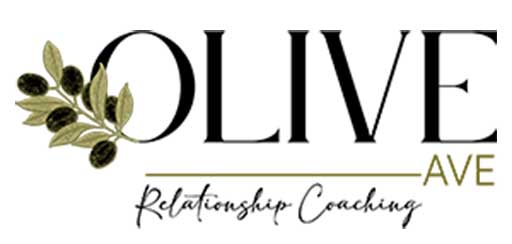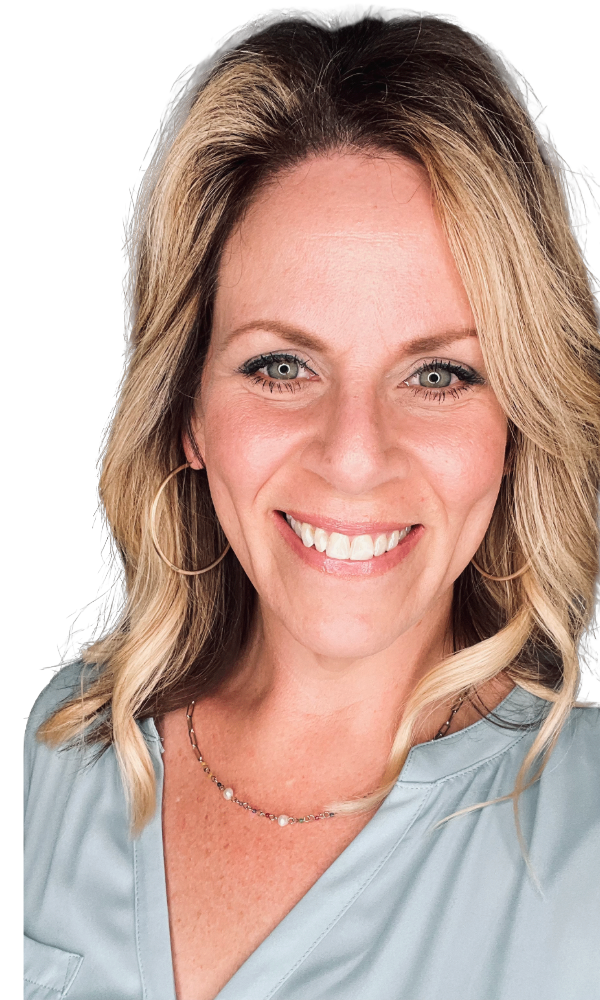In relationships, how we handle mistakes and setbacks can significantly impact our growth and connection with others. Understanding the difference between accountability and blame is crucial for fostering healthier, more satisfying relationships.
Accountability: Owning Up and Moving Forward
Focuses on Ownership: Accountability is about taking responsibility for your actions and their outcomes. It involves acknowledging your mistakes, learning from them, and making efforts to improve or correct the situation. When you are accountable, you are committed to fulfilling your obligations and are willing to be answerable for the results of your actions.
Positive and Constructive: Accountability is generally seen as a positive trait. It promotes personal growth, integrity, and trust. Being accountable means you are open to feedback, ready to address issues constructively, and focused on finding solutions. This forward-looking mindset helps prevent the same mistakes from recurring and encourages problem-solving.
Forward-Looking: Accountability isn’t about dwelling on past errors; it’s about looking ahead and making positive changes. By focusing on solutions and improvements, accountability helps you move forward and build stronger, more resilient relationships.
Blame: The Pitfall of Assigning Fault
Focuses on Fault: Blame, in contrast, is about assigning fault for a problem or mistake. It often involves pointing fingers and can be used to shift responsibility away from oneself. Blame is more about finding someone to hold responsible rather than addressing the actual issue at hand.
Negative and Punitive: Blame is usually associated with negativity. It can lead to defensiveness, shame, and conflict, rather than fostering constructive resolution. When blame is prevalent, growth and learning are stifled because the focus is on punishment rather than improvement.
Backward-Looking: Blame tends to dwell on the past, emphasizing what went wrong and who is at fault. This backward-looking perspective prevents you from focusing on how to fix the issue and move forward, often causing stagnation in personal and relational growth.
Embracing Accountability for Personal Growth
Reflecting on past relationships can reveal patterns and behaviors that need addressing. It’s easy to see what others did wrong, but true growth comes when we pause and ask ourselves: What role did I play in these situations? Maybe it was staying in a relationship that didn’t align with your values, or not speaking up when your needs weren’t met.
Owning your choices is empowering. It’s not about blaming yourself but recognizing that you have the power to create your future. The reality you’re living today is a result of those choices. While it can be tough to acknowledge, it also means you have the ability to shape a different, more fulfilling reality moving forward.
Action Steps:
- Reflect on Patterns: Take time to analyze the patterns in your past relationships. What recurring issues did you face? What choices did you make that contributed to these patterns?
- Own Your Role: Acknowledge your role in the dynamics of your relationships. Recognize how your actions and decisions contributed to the outcomes.
- Seek Solutions: Focus on how you can make positive changes moving forward. What can you do differently to create healthier relationships?
- Embrace Growth: Use these insights as a foundation for personal growth. Accountability is the first step towards change and a healthier, more satisfying relationship.
By prioritizing accountability over blame, you foster a healthier mindset and approach to relationships. This shift not only improves your connection with others but also empowers you to create the future you desire.
Join the Conversation: Share your thoughts on accountability vs. blame in relationships. How has understanding these concepts impacted your personal growth and relationship dynamics?
For more tips and support on fostering healthier relationships, join my FB group [insert link]. Tomorrow, I’ll be discussing practical ways to encourage emotional availability in your relationships. Don’t miss out!


